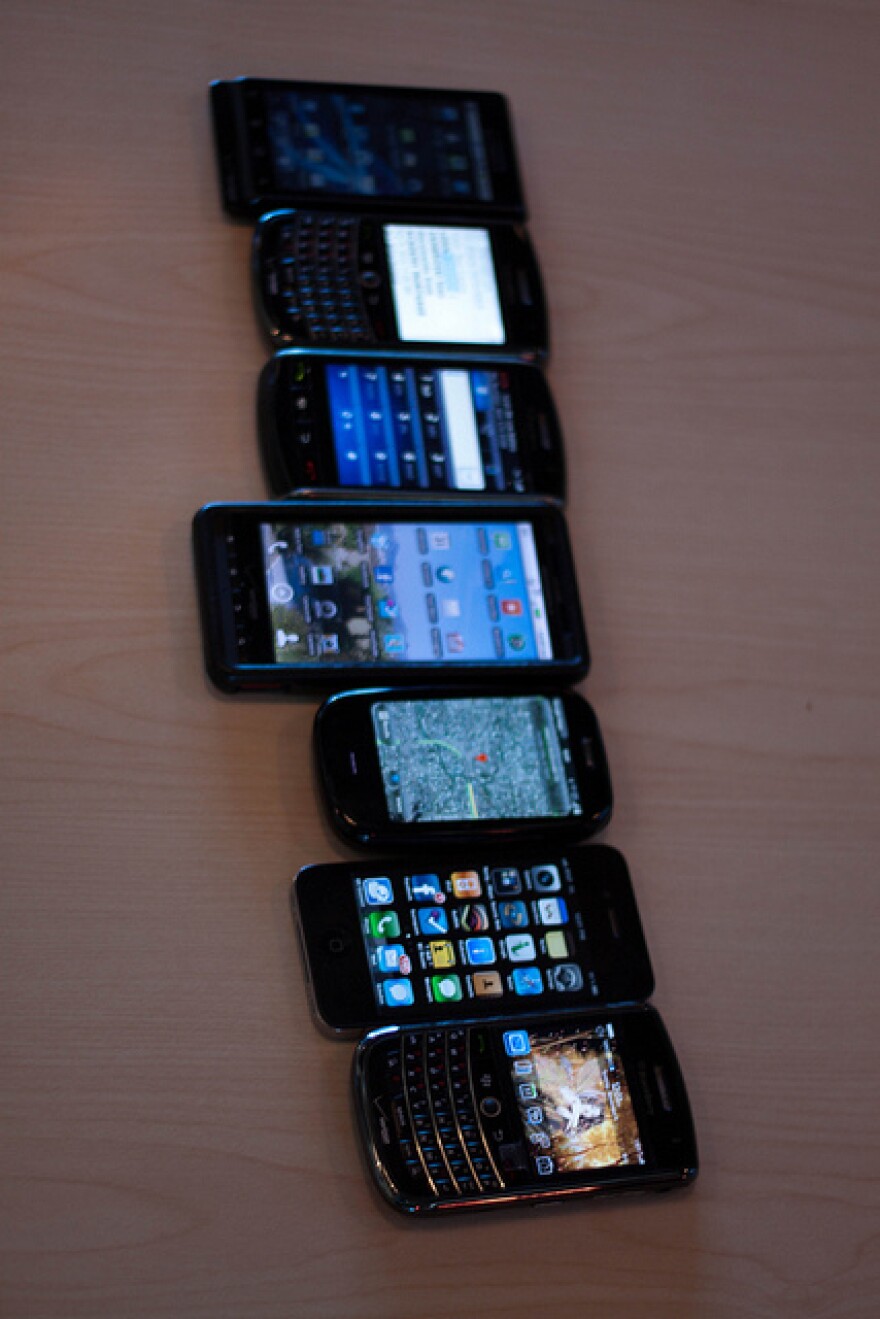MSU conducted a study that links productivity to smart phone usage.
Russell Johnson is an assistant professor at Michigan State and conducted the study in collaboration with the University of Florida and the University of Washington.
The study found two big correlations.
First, that the amount of sleep you get is directly related to how much time you spend on your cell phone at night.
If you spend a lot of time on your phone, you'll get less sleep.
The second big thing has to do with productivity.
Johnson and the other two researchers found that it's harder for people to be focused and engaged at work if they spent a lot of time on their smart phones the night before.
Here's what Johnson said in a press release:
"Smartphones are almost perfectly designed to disrupt sleep," said Johnson, MSU assistant professor of management who acknowledges keeping his smartphone at his bedside at night. "Because they keep us mentally engaged late into the evening, they make it hard to detach from work so we can relax and fall asleep." More than half of U.S. adults own a smartphone. Many consider the devices to be among the most important tools ever invented when it comes to increasing productivity and knowledge-based work, Johnson said.
How the study worked
They had 82 mid and high-level managers in the Midwest fill out a survey twice a day.
The first survey was sent to participants at 6 a.m. This survey asked about how they slept, how much they were on their phone the night before, and how long they slept.
The second was sent at 4 p.m. In this one, the researchers asked the participants about their ability to focus and be productive.
Here's another interesting part of the press release:
In addition to keeping people mentally engaged at night, smart phones emit "blue light" that seems to be the most disruptive of all colors of light. Blue light is known to hinder melatonin, a chemical in the body that promotes sleep. "So it can be a double-edged sword," Johnson said. "The nighttime use of smartphones appears to have both psychological physiological effects on people's ability to sleep and on sleep's essential recovery functions."
The study also looked at how using a computer or tablet affects your sleep.
Though correlations weren't as direct as cell phone usage, researchers said that your smartphone can act as a gateway device to using other technology.
– Lucy Perkins, Michigan Radio Newsroom





